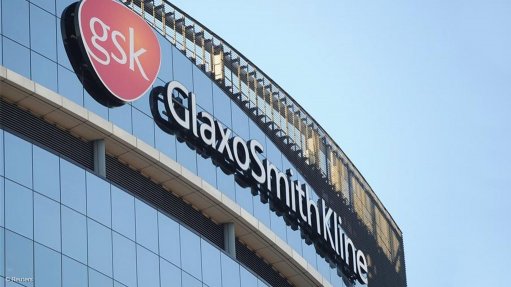
NEW GEL TECHNOLOGY GSK has created a new antibacterial gel that is cost effective and is easy to distribute to developing countries
A new antiseptic chlorhexidine gel – antibacterial gel – that can prevent umbilical cord infections (omphalitis) in newborn infants in developing countries has been granted an encouraging scientific judgement from the Committee for Medicinal Products for Human Use (CHMP) of the European Medicines Agency (EMA).
This marks a major milestone for the partnership that healthcare company Glaxo Smith Kline (GSK) and nonprofit organisa- tion Save the Children has and its mission to help save the lives of children in the world’s poorest communities.
Infection is a major cause of newborn mortality rates and can be caused by bacteria entering the body through a newly cut umbi- lical cord. This is more likely to happen in low-income settings across sub-Saharan Africa and Asia where more births take place at home and unsterile materials, such as dung and ash may traditionally be used on the umbilical cord stump.
In 2012, a United Nations Commission on Live-saving Commodities for Women report named chlorhexidine for newborn cord care as an overlooked “life-saving commodity” that, if more widely accessed and properly used, could potentially save 422 000 newborn lives over five years.
GSK worked to reformulate the antiseptic solution used in its Corsodyl mouthwash into a gel incorporating Save the Children’s expertise in reaching some of the most vulnerable and marginalised children. Insights and guidance from Save the Children helped make key decisions in the development programme.
A gel formulation was selected and deve- loped to be stable in high heat and humi- dity, avoiding the need for refrigeration, to simplify distribution to remote communities. The gel is packaged in individual single-use foil sachets which can be opened without scissors. Pictorial instructions on the sachet and packaging are provided to help mothers who may not be able to read to apply the gel appropriately.
GSK is submitting local regulatory applications for the gel in low-income countries with moderate to high rates of newborn deaths where supply is needed. If approved, GSK will offer the gel – to be distributed under the trade name Umbipro – at a not- for-profit price.
GSK plans to initially manufacture around six-million sachets, increasing capacity according to global demand, and will share its manufacturing knowledge with other interested companies to enable them to make the gel.
“A bright idea from one of our scientists – who recognised we could transform an ingredient in our mouthwash into a medi- cine – has come to fruition thanks to the power of partnership. By combining our development and manufacturing expertise, in both pharmaceuticals and consumer health, with Save the Children’s on-the-ground knowledge of local healthcare systems and communities, we have deve- loped a simple gel to help protect vulner- able newborns from infection,” explains GSK pharmaceuticals research and development president Patrick Vallance.
The gel was reviewed under the EMA’s Article 58 procedure and granted accele- rated assessment. This procedure allows the EMA to conduct a scientific assessment and provide opinions, in cooperation with the World Health Organization, on medi- cines for human use that are intended exclusively for markets outside the European Union, for diseases recognised by the World Health Organisation as of major public health interest.
“The positive opinion for this reformu- lation of chlorhexidine is an exciting step forward in our efforts to help prevent newborn deaths from infections. “This formulation has been designed with some of the toughest settings in mind and our expertise of working with health workers and communities has meant that this product can be used in challenging contexts,” say Save the Children policy and quality programme director Ali Forder.
The innovative partnership with GSK goes beyond the traditional corporate- charity model and this is a good example of how together we can achieve better outcomes for children.
“Save the Children will continue to work closely with governments to ensure children have access to quality healthcare and essential medicines,” she concludes.